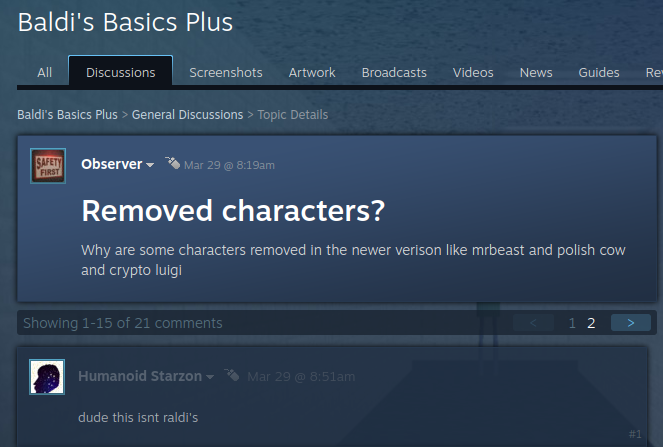Do you believe Russia hacked the US election?
What do you think is really going on? Let's get a little political here.
I assume you've all heard of the recent Vermont power grid "hacking" story. A few days ago a Vermont utility company found a russian virus on some guy's computer and (part of) the press extrapolated the fact, turning it into a so-called proof of a Russian conspiracy to hack the US power grid... That title was a fucking clickbait, and I just knew it. But not just your average buzzshit clickbait, a serious fucking one this time. When you read the article it became clear: pure bullshit. No evidence whatsoever, all that happened is that they found a regular virus on a random guy's computer, which happens a million times a day everywhere in the world. A few hours later they retracted, a lot of other sites and agencies stated that there was no such thing as a power grid hack attempt. Those media outlets jumped to conclusions to serve their own agenda, it seems.
Now regarding the "hacking" of the US election. Several US government agencies are claiming it's real. Are we being lied to? Are the FBI and homeland security and others all following orders of a higher instance or do they have actual evidence?
So far, they haven't shared much with the general public. Last week they released a document, which I read, but if you read it too you will find that it's absolutely empty of evidence. All it states is "we found some IP addresses in the logs" and "we found a bit of code that was used before". That amounts to nothing at all.
So why do they keep going on about this?
Do you think these agencies have insights they cant share with the public? could they have informants within the russian goverment? that's one of the few things I can think of that they would never be able to reveal. Or maybe it is just more political bullshit... but what's the point? Trump will take office soon and all this Russia crap isn't working. Apparently Trump has something to say on the subject that he will reveal on tuesday or wednesday. I wonder what that may be.

I assume you've all heard of the recent Vermont power grid "hacking" story. A few days ago a Vermont utility company found a russian virus on some guy's computer and (part of) the press extrapolated the fact, turning it into a so-called proof of a Russian conspiracy to hack the US power grid... That title was a fucking clickbait, and I just knew it. But not just your average buzzshit clickbait, a serious fucking one this time. When you read the article it became clear: pure bullshit. No evidence whatsoever, all that happened is that they found a regular virus on a random guy's computer, which happens a million times a day everywhere in the world. A few hours later they retracted, a lot of other sites and agencies stated that there was no such thing as a power grid hack attempt. Those media outlets jumped to conclusions to serve their own agenda, it seems.
Now regarding the "hacking" of the US election. Several US government agencies are claiming it's real. Are we being lied to? Are the FBI and homeland security and others all following orders of a higher instance or do they have actual evidence?
So far, they haven't shared much with the general public. Last week they released a document, which I read, but if you read it too you will find that it's absolutely empty of evidence. All it states is "we found some IP addresses in the logs" and "we found a bit of code that was used before". That amounts to nothing at all.
So why do they keep going on about this?
Do you think these agencies have insights they cant share with the public? could they have informants within the russian goverment? that's one of the few things I can think of that they would never be able to reveal. Or maybe it is just more political bullshit... but what's the point? Trump will take office soon and all this Russia crap isn't working. Apparently Trump has something to say on the subject that he will reveal on tuesday or wednesday. I wonder what that may be.





